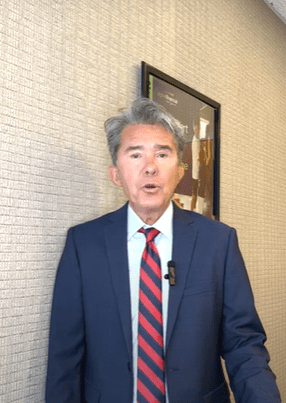
Life is unpredictable. Whether it’s a medical emergency, job loss, or unexpected car repair, financial surprises can throw your budget into chaos. That’s where an emergency savings account comes in. It acts as a financial safety net, providing security and peace of mind when the unexpected happens.
Life’s Curveballs Can Lead to Debt
Without an emergency fund, you may be forced to rely on credit cards or loans to cover sudden expenses, leading to debt and financial stress. Here’s why having one is crucial:
- Prevents debt accumulation: Avoid high-interest debt by having cash on hand for emergencies.
- Provides financial stability: Knowing you have funds available reduces stress and uncertainty.
- Protects long-term savings: Keeps you from dipping into retirement or investment accounts during crises.
What an Emergency Fund Covers
An emergency savings account is for unplanned, essential expenses, such as:
- Medical bills and unexpected healthcare costs
- Car repairs or sudden home maintenance issues
- Job loss or income disruption
- Family emergencies requiring immediate financial support
It’s not for discretionary spending, vacations, or planned expenses like a new phone or a holiday gift fund.
How Much Should You Save?
Financial experts recommend saving three to six months’ worth of essential expenses. However, starting small is better than not saving at all. A good initial goal is $500 to $1,000, then gradually increase it over time.
How to Set up an Emergency Savings Account
- Choose the right account: Opt for a high-yield savings account, like Signal Smart® Plus or Signal Smart Savings, to earn interest on your money.
- Automate your savings: Set up automatic transfers from your checking account to your emergency fund.
- Start small and grow: Begin with a manageable amount, like $25 or $50 per paycheck and increase contributions when you can.
- Save unexpected money: Put bonuses, tax refunds, or side gig earnings directly into your emergency fund.
- Avoid unnecessary withdrawals: Keep your emergency savings separate from everyday spending to avoid temptation.
An emergency savings account is one of the most powerful financial tools you can have. It provides peace of mind, prevents unnecessary debt, and helps you stay financially secure during life’s surprises. Start small, stay consistent, and watch your safety net grow.
This article was originally shared via our education partner, BalancePro.




